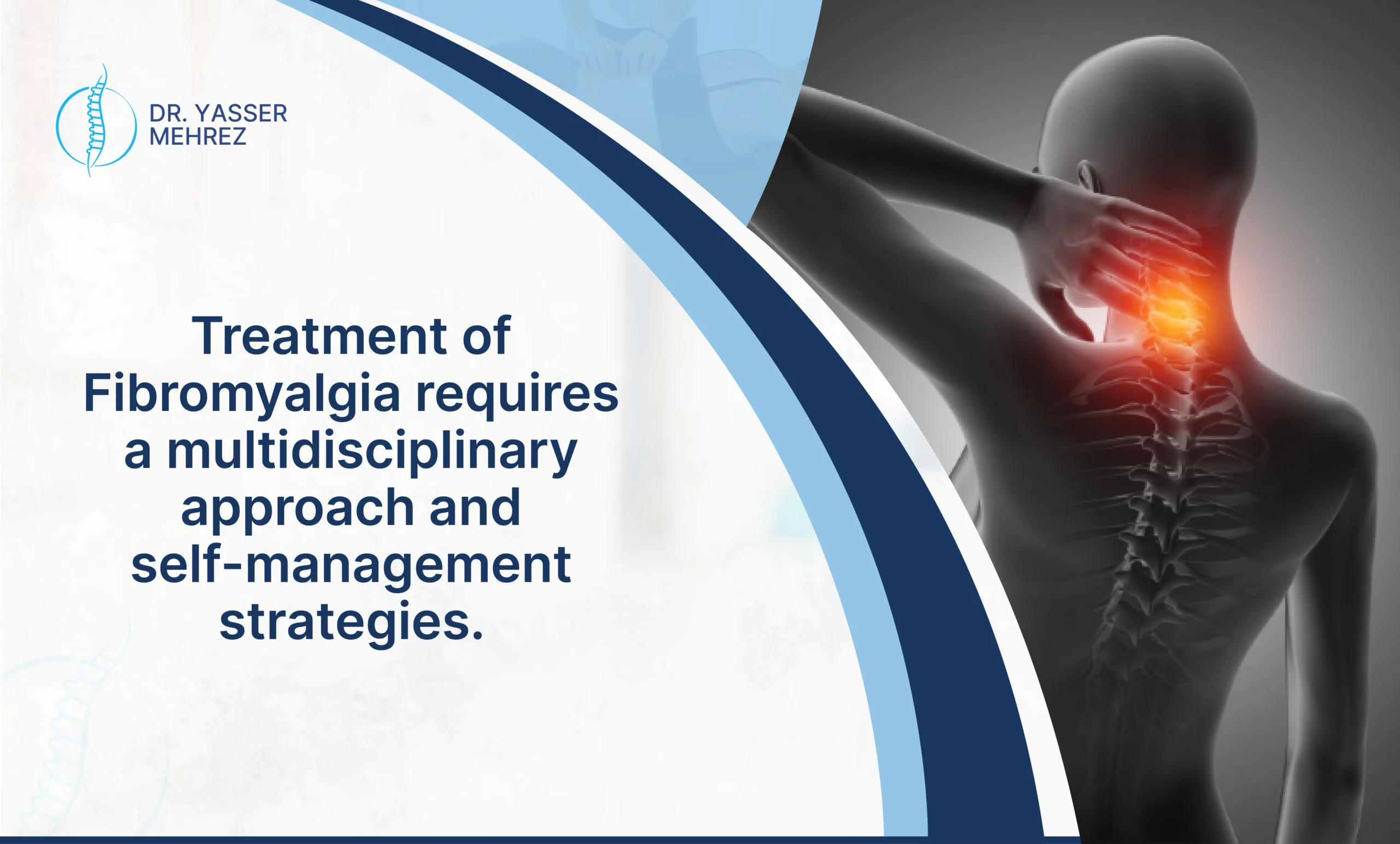Countless people live with fibromyalgia in silence. It often goes unnoticed and is misunderstood as a regular pain condition that you can cure by taking any painkiller. But the reality is, it is never cured.
Unlike several other ailments, fibromyalgia is difficult to diagnose and relies heavily on clinical assessment to be declared as a disability. Many still wonder, is fibromyalgia a disability? This blog will answer that, as it largely depends on the severity of symptoms.
Table of Contents
What Is Fibromyalgia and Its Symptoms?
Fibromyalgia, also known as fibromyalgia syndrome, is a chronic pain condition that causes pain in the whole body and interferes with your ability to perform daily activities. Beyond just pain, it causes sleep disturbances, cognitive impairment, and impacts both physical and mental well-being.
Symptoms and severity of fibromyalgia vary from person to person. It mainly affects women, and they report heavier and painful periods along with intense abdominal and pelvic pain.
Along with the mentioned symptoms, it severely impacts your quality of life and well-being by causing long-term pain that lasts for months and may aggravate or lessen over time.
To make it easy to understand, the symptoms of fibromyalgia involve:
- Prolonged and persistent pain
- Fatigue
- Brain fog (cognitive symptoms)
- Sleeplessness or insomnia
- Muscle stiffness
- Headaches
- Irritable Bowel Syndrome (IBS): A digestive syndrome that impacts digestion.
How Is It Diagnosed?
Unlike other conditions, you cannot diagnose fibromyalgia using X-rays or blood tests. It often overlaps with different conditions and requires a specific clinical criterion for diagnosis.
Is Fibromyalgia a Disability?
As per the World Health Organisation’s definition, a condition is called a disability when:
- There’s a structural or functional impairment in the body
- Limitations in performing daily tasks and activities
- Restriction in engagement and participation
Fibromyalgia is a disability that can’t be detected easily. If it takes a toll on your physical, psychological, and emotional well-being, it may be considered a disability.
If you’re struggling with:
- Chronic fatigue that makes it hard to get out of bed
- Pain that restricts movement and standing for long hours
- Brain fog that limits your ability to communicate or solve problems
- Unexpected flares that make you inconsistent at work
It certainly qualifies as a disability. You will need extensive documentation to prove it and be able to claim disability support in the UK.
Fibromyalgia Work Restrictions
Fibromyalgia affects your ability to work. However, since it is non-curable, you can only manage the condition to the best of your ability.
You can work full-time or part-time if you learn to manage the symptoms. If your pain is caused or aggravated by the work environment, you can modify your workplace to ensure consistency.
What Workplace Modifications Can Help People with Fibromyalgia?
You should start by clearly communicating your condition to your employer and colleagues. Educate them about the symptoms and how they impact your productivity. Tell them there are possible good days and bad days. Ask if you can have rest breaks or work from home on bad days.
UK Workplace Adjustments for Disabilities
Under the Equality Act 2010, employers in the UK must make necessary workplace modifications for employees with disabilities, including fibromyalgia.
These may include:
- Flexible working hours or part-time schedules
- Work-from-home permission
- Longer or more frequent rest breaks
- Usage of ergonomic chairs, keyboards, or standing desks
- Reduced physical tasks or workload modifications
- A quieter work environment to reduce sensory overload
- Modified performance targets during flare-ups
- Access to a private rest area during the workday

Can You Get Disability for Fibromyalgia?
If you are unable to perform regular activities constantly for 12 months due to fibromyalgia, it will be considered a disability in the UK.
Fibromyalgia is officially recognised by the Department for Work and Pensions (DWP) and is classified as a disability under the Equality Act 2010.
You can get several benefits including an Attendance Allowance (AA), Disability Living Allowance (DLA) and Employment and Support Allowance (ESA).
To prove your condition, you need a diagnosis, written evidence by your doctor and employer, and a track record of your symptoms. Moreover, you also need to show financial statements and hardship to get an allowance.
Is Fibromyalgia Treatable?
Fibromyalgia is a chronic condition, which means it has no known cure, but it is manageable with the right approach.
The management of fibromyalgia depends on your specific complaints and needs. Treatment focuses on improving your quality of life and reducing the severity of symptoms.
Common Treatment Options
Fibromyalgia needs a combined intervention of pain management, physical therapy, and psychological support.
Pain Management
Certain types of low-dose medications can help reduce pain. If your pain is localised, i.e., confined to a certain region, you may opt for topical treatments. If required, trigger point injections or nerve block techniques are used to manage pain.
Moreover, several antidepressants have proved to be effective in managing fibromyalgia pain and improving sleep. These medications might cause side effects, and the best protocol is that the benefits should outweigh the risks in risk assessment.
Physical Therapy
You can perform gentle aerobic exercises, join muscle-strengthening programs, and follow stretching routines to manage your condition. Try to be as active as possible. Low-impact exercises like swimming or walking may be advisable.
You may undergo acupuncture, which is a traditional Chinese protocol to reduce pain. Similarly, hydrotherapy, topical heat application, and using a TENS (Transcutaneous Electrical Nerve Stimulation Device) are helpful.
Psychological Support
Along with physical management, psychological support is needed to ensure emotional well-being. Cognitive behavioural therapy (CBT) and mindfulness-based stress reduction (MBSR) techniques are effective options for reducing brain fog and improving concentration.

Get Expert Care from Dr Mehrez
Is fibromyalgia a disability? The answer depends on how significantly it impacts your daily life. Visit a pain management consultant to discuss your needs, if your symptoms are interfering with your work, relationships, or mental health.
Early intervention can prevent symptoms from escalating and give you a better chance at improving your quality of life.
Dr. Yasser Mehrez, a leading pain-management expert in the UK, can help you manage your symptoms and improve your quality of life. After you thoroughly discuss your condition with the consultant, he will assess your individual needs to develop the best treatment plan.
Under expert care, you can live a more balanced, functional, and fulfilling life, even with fibromyalgia.
